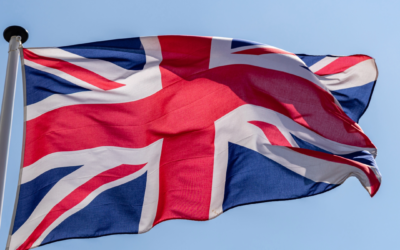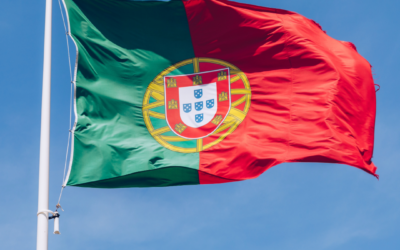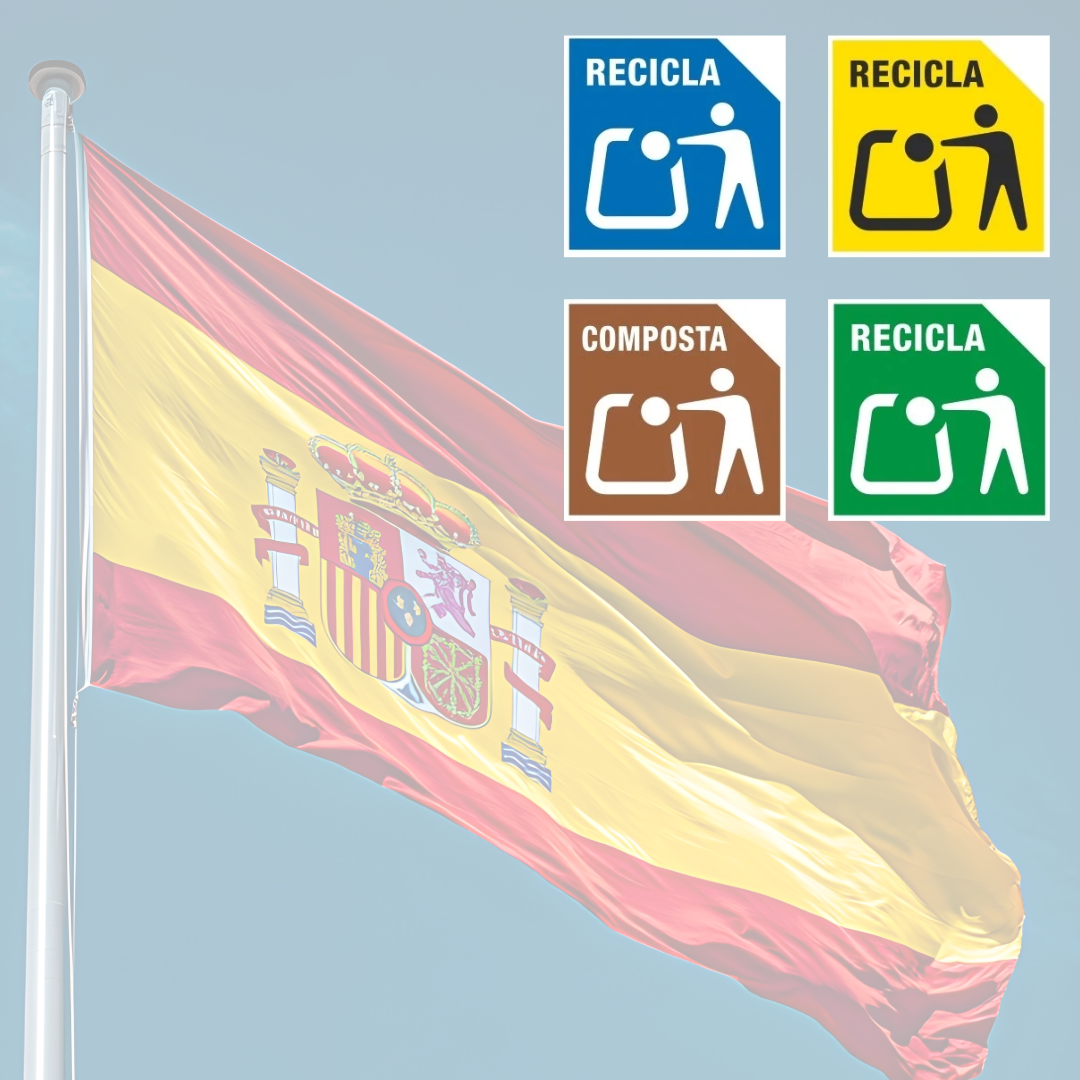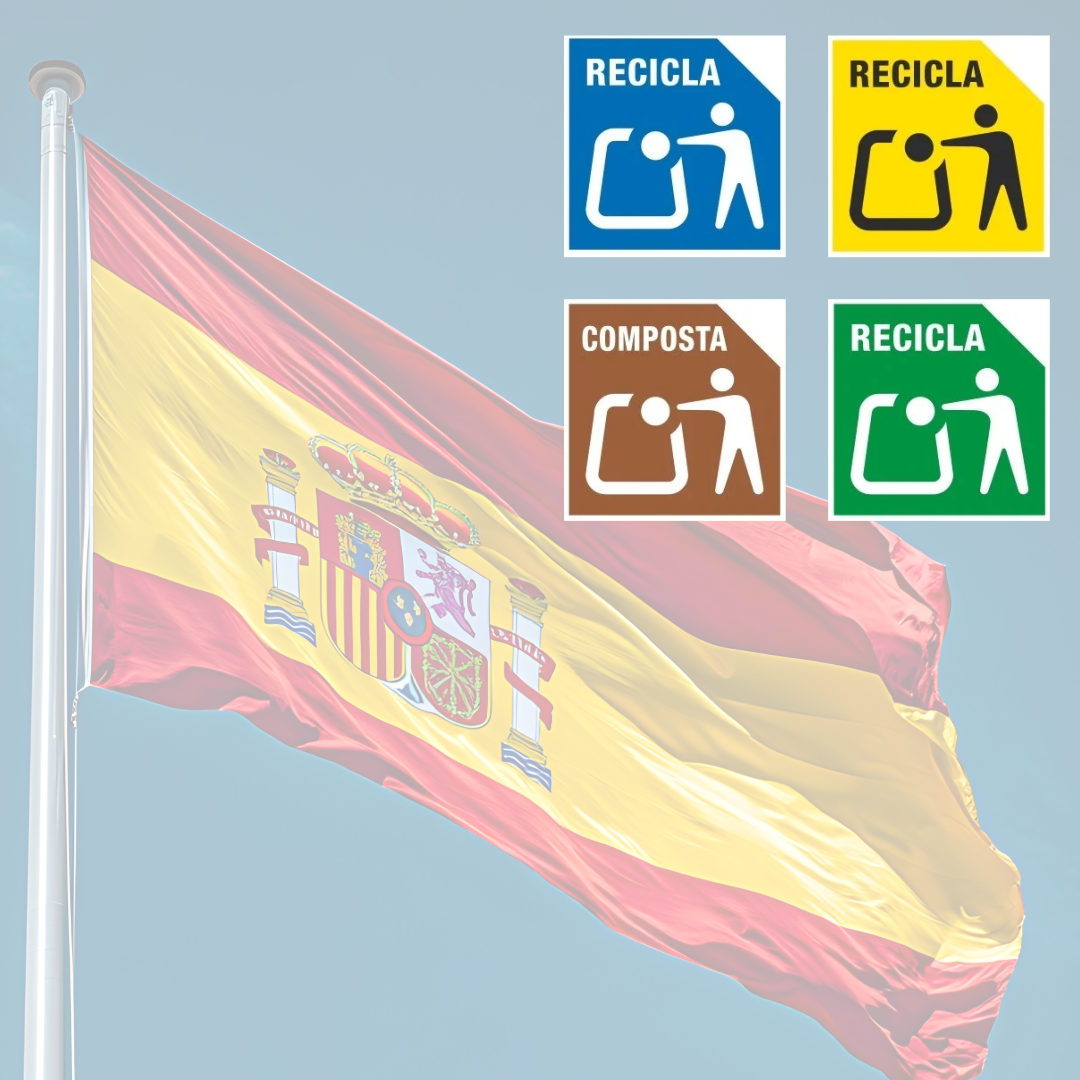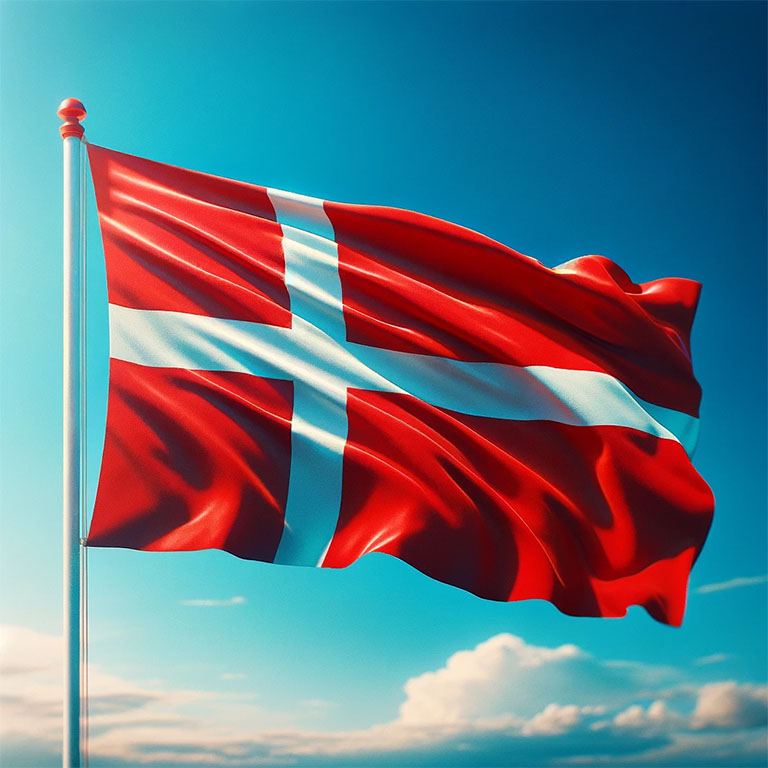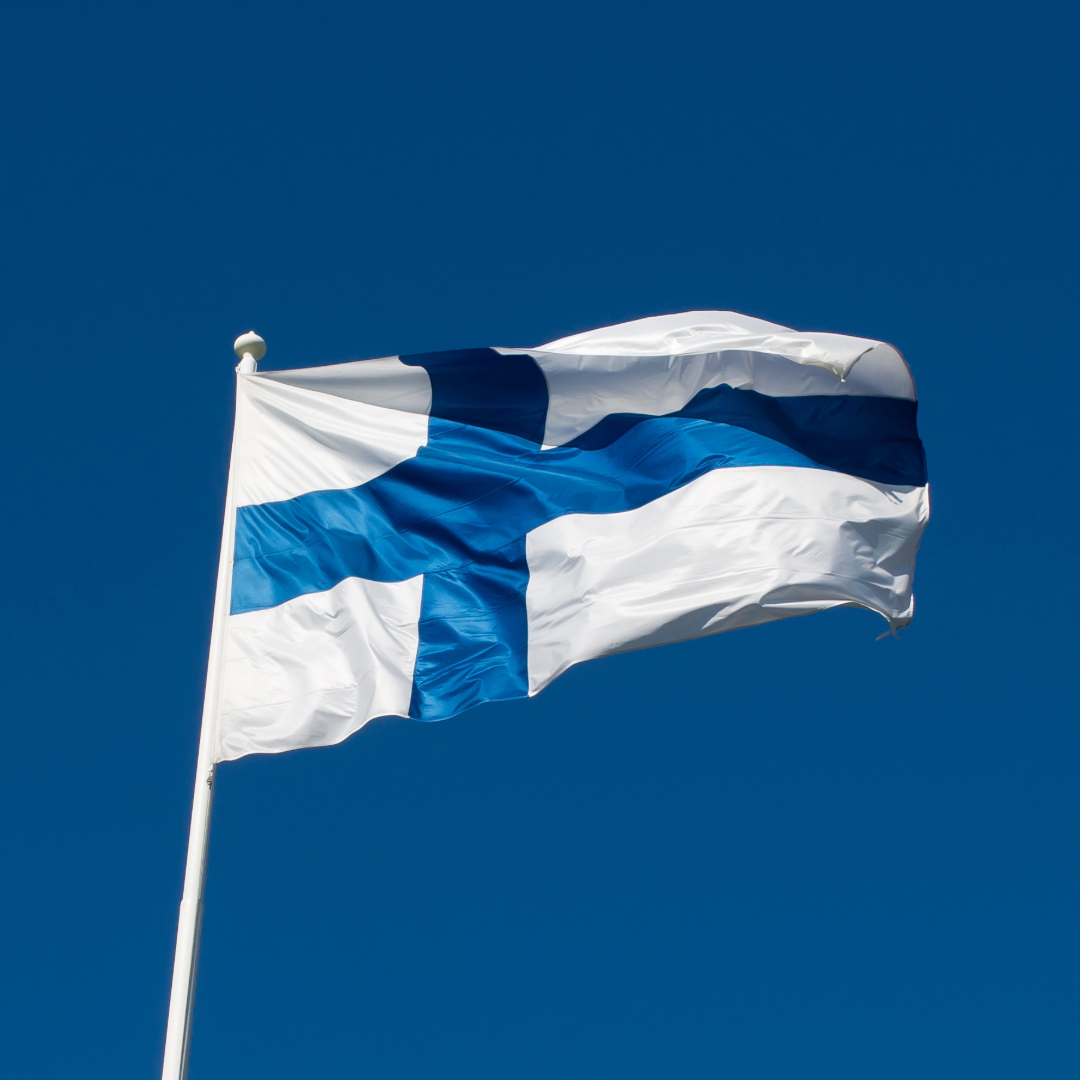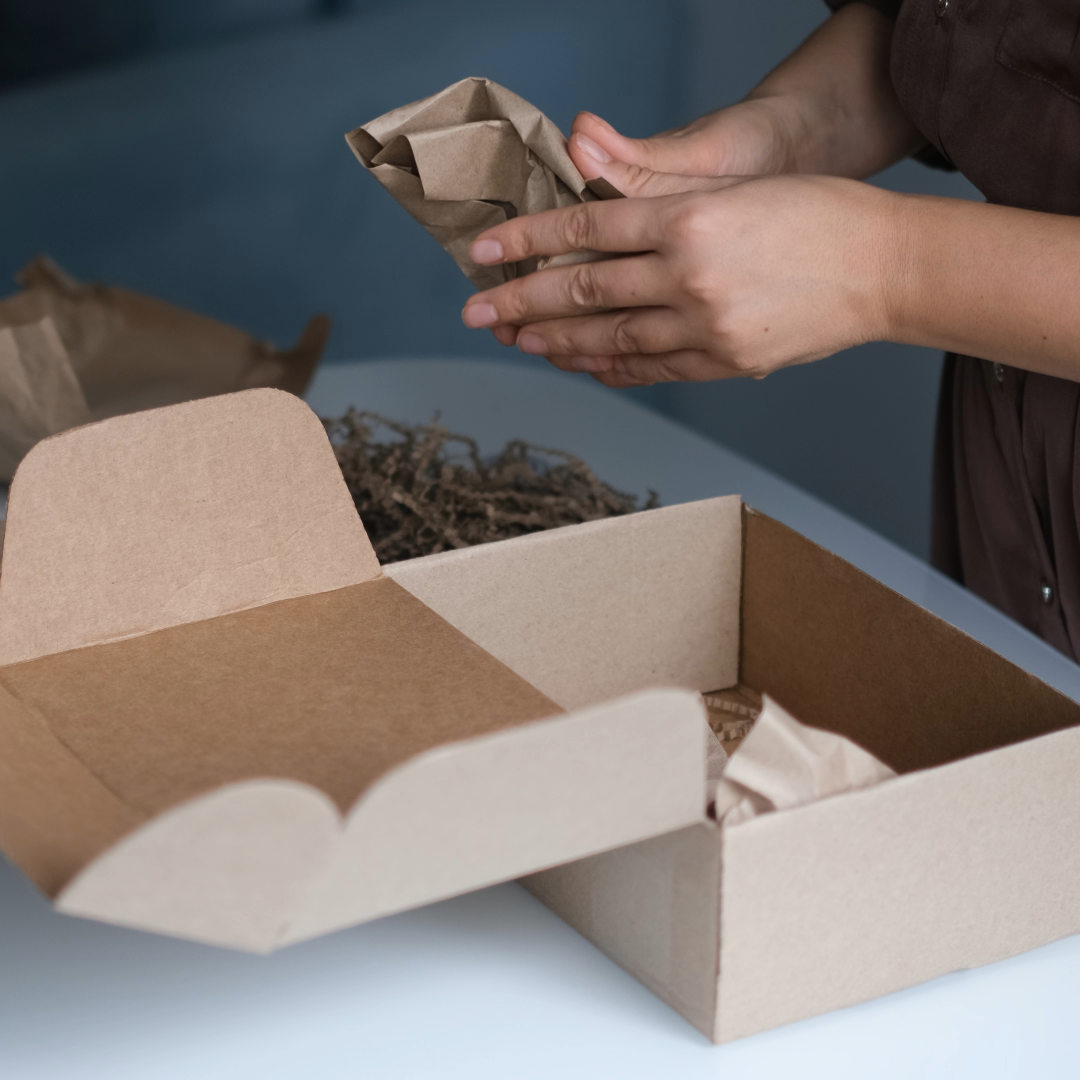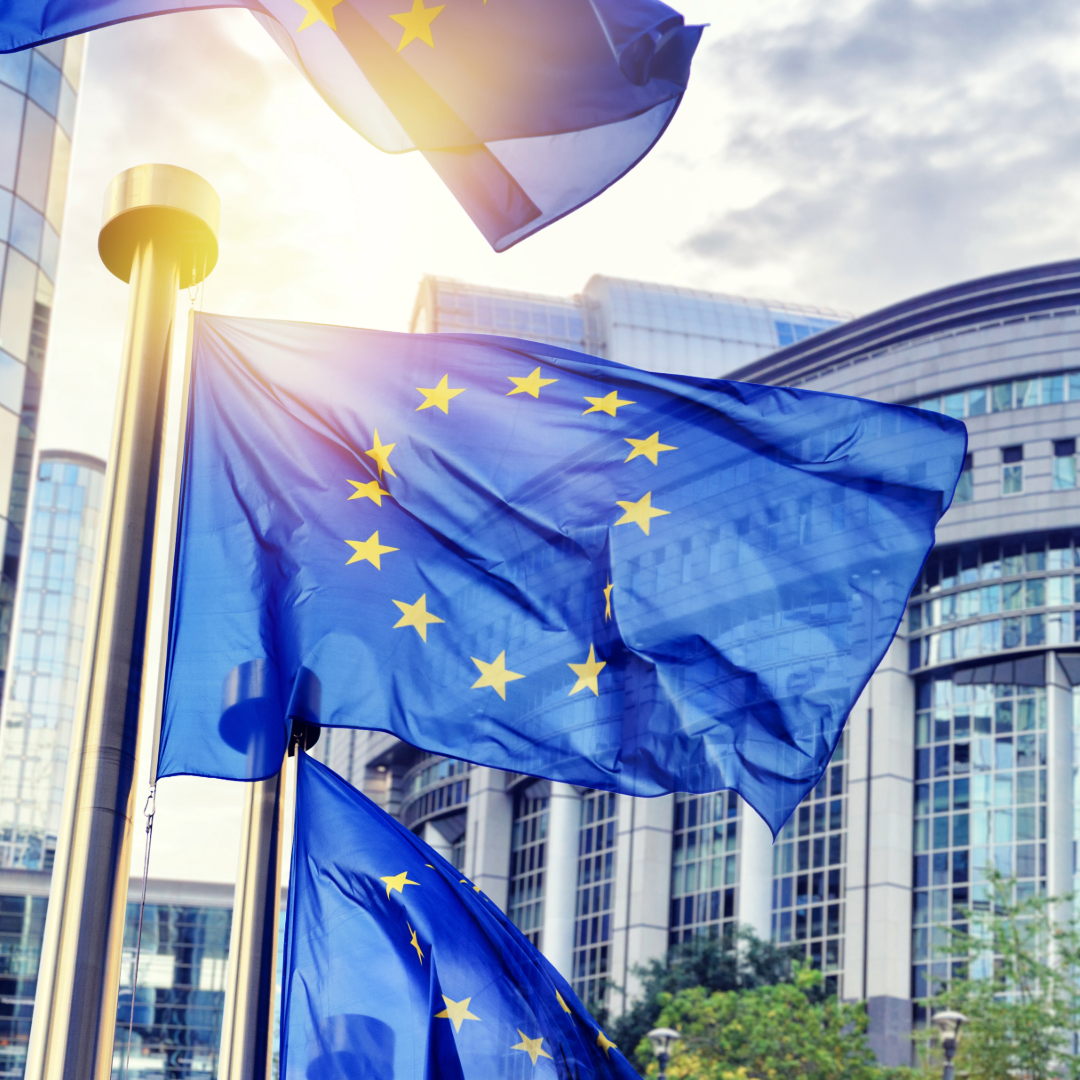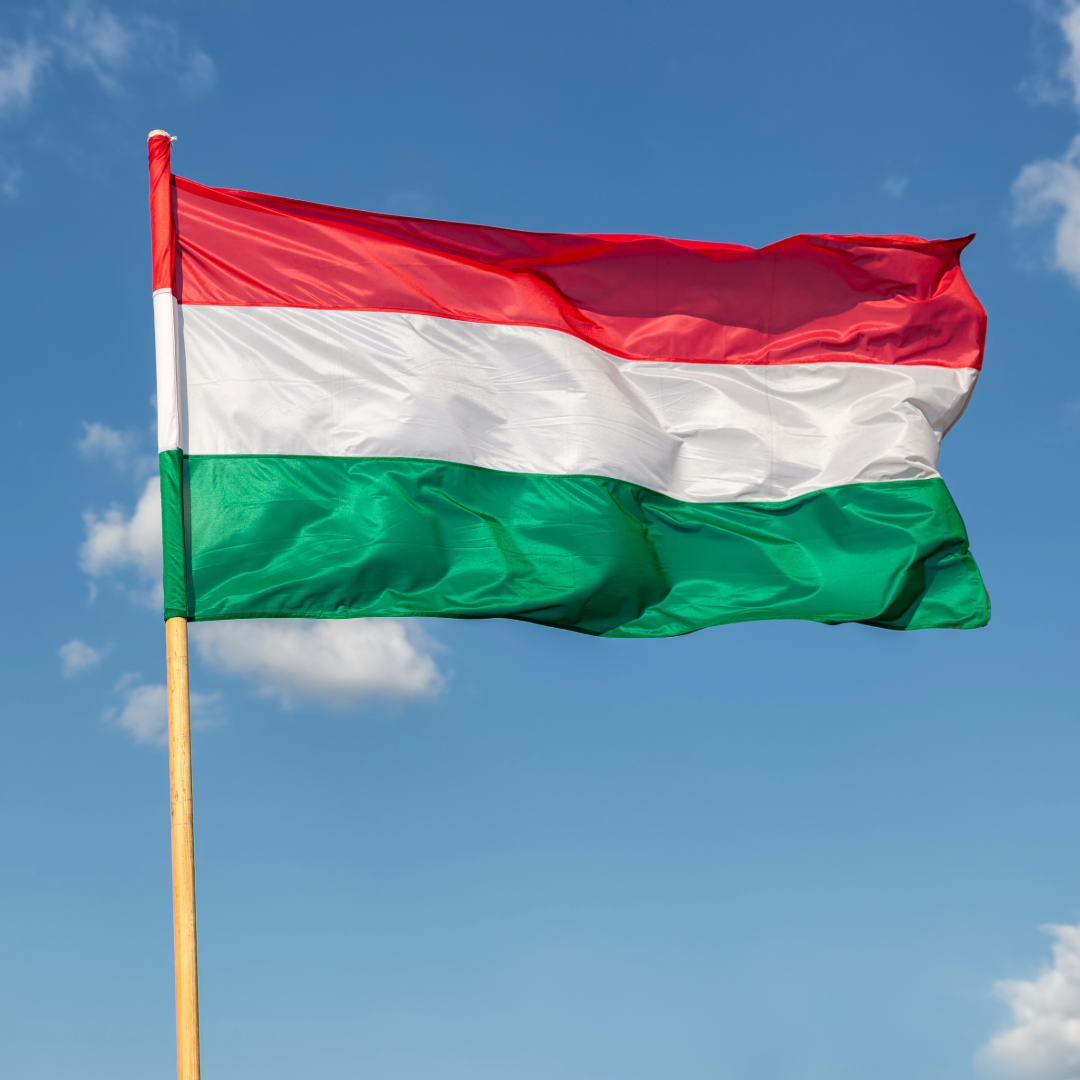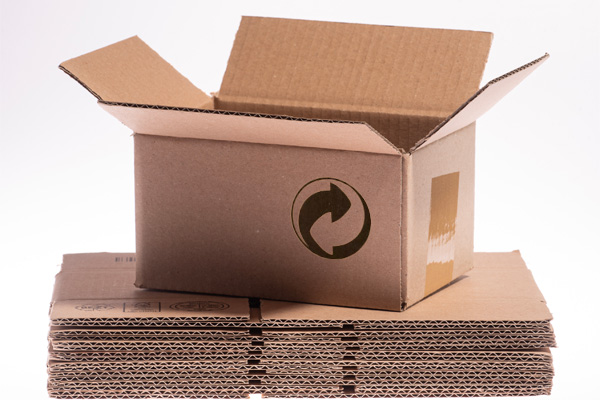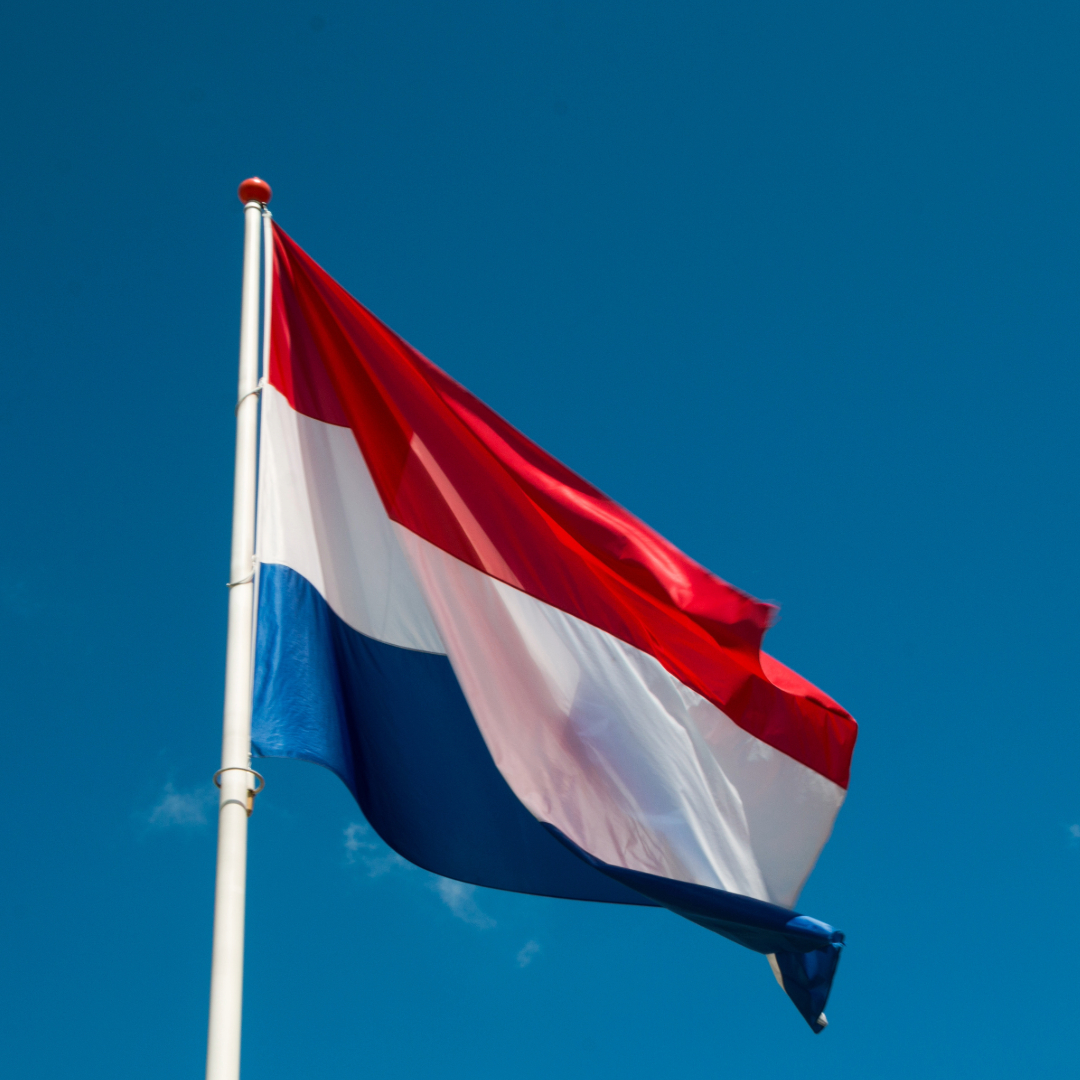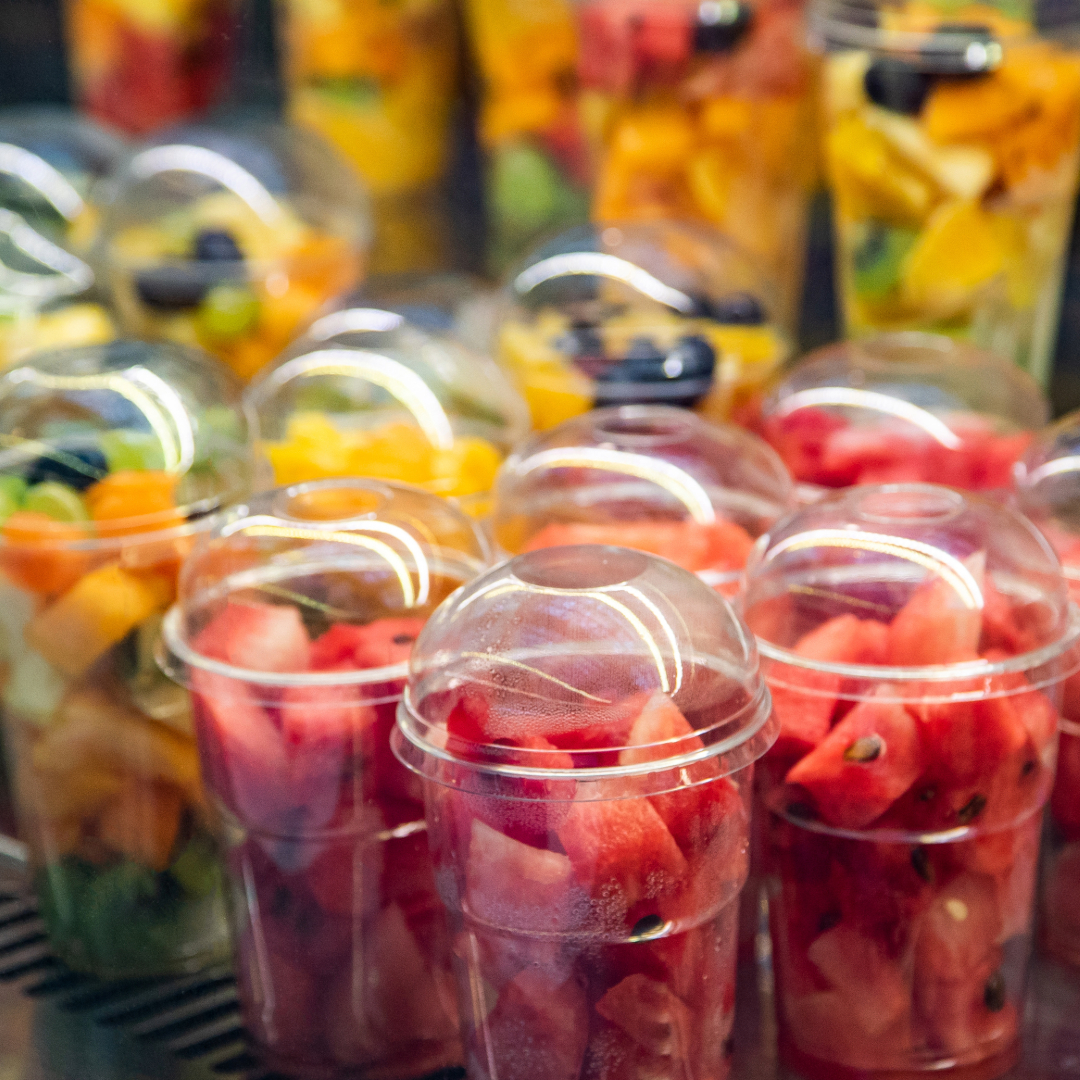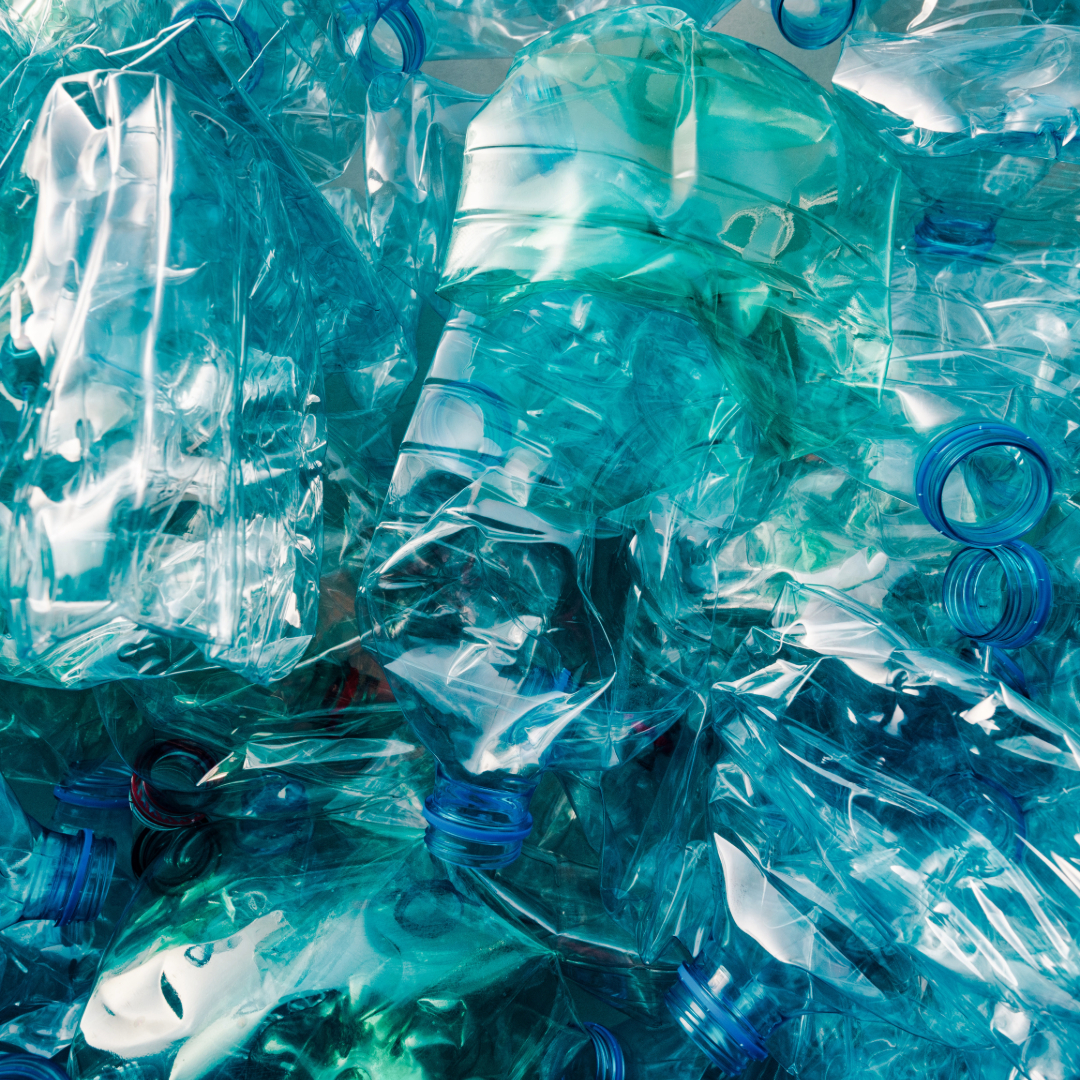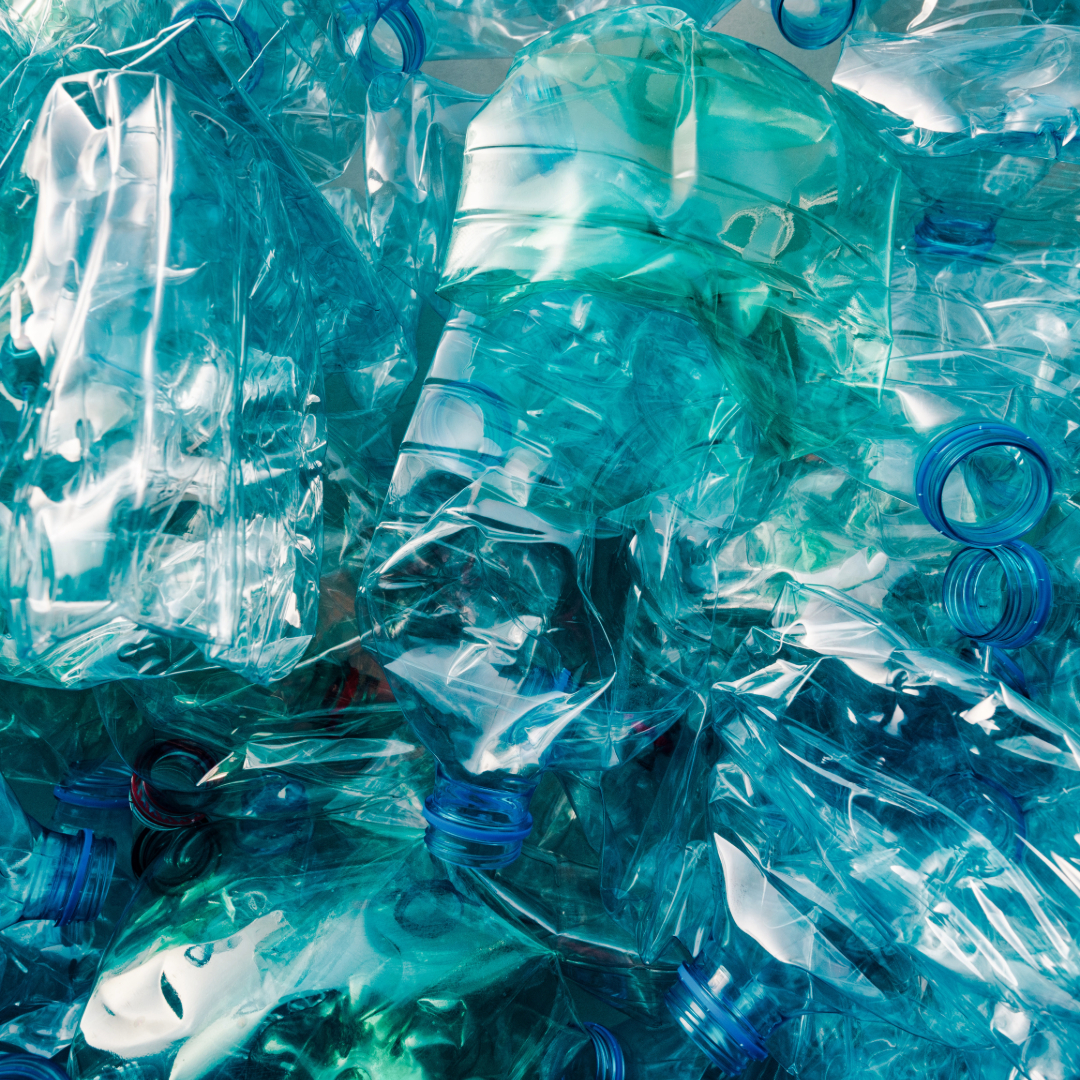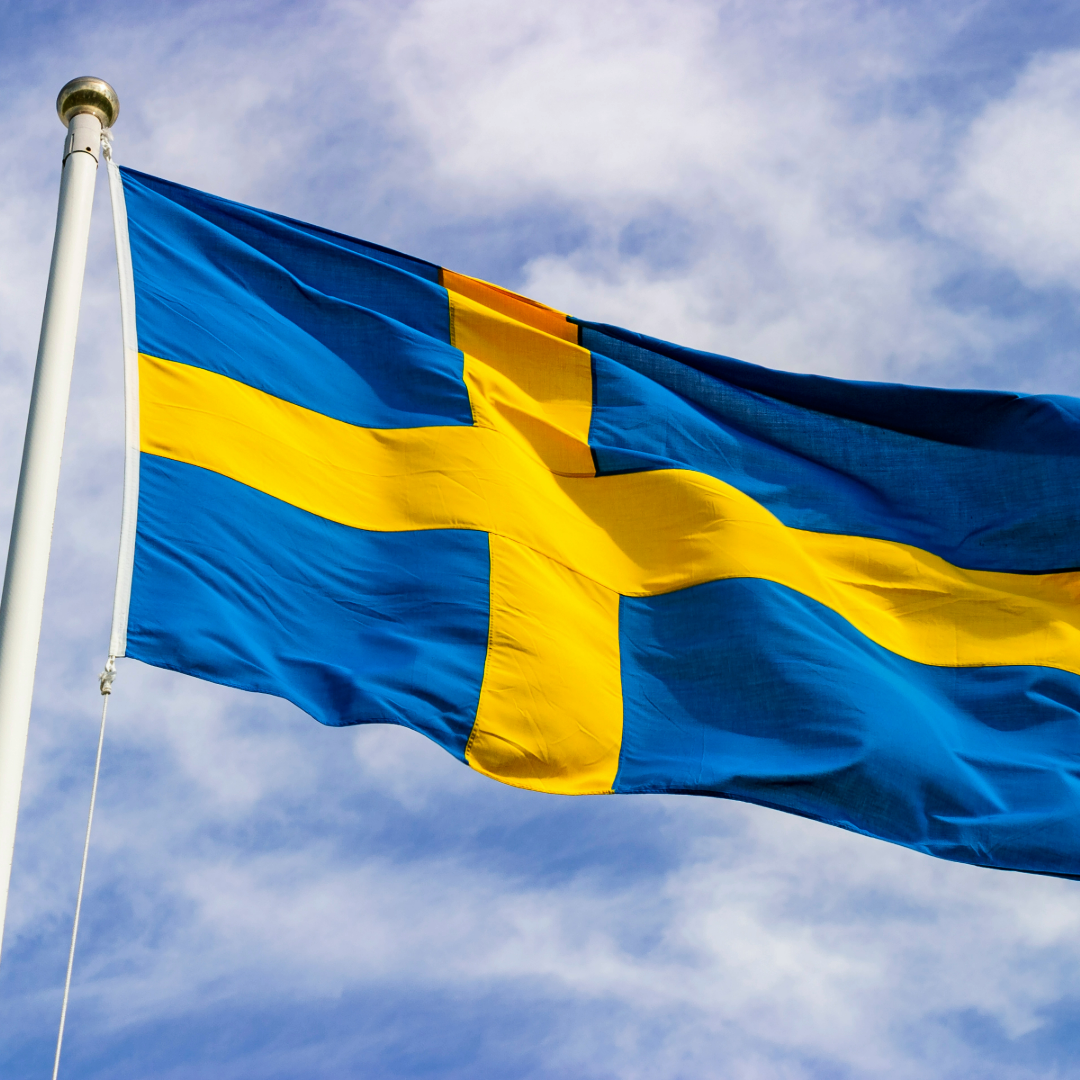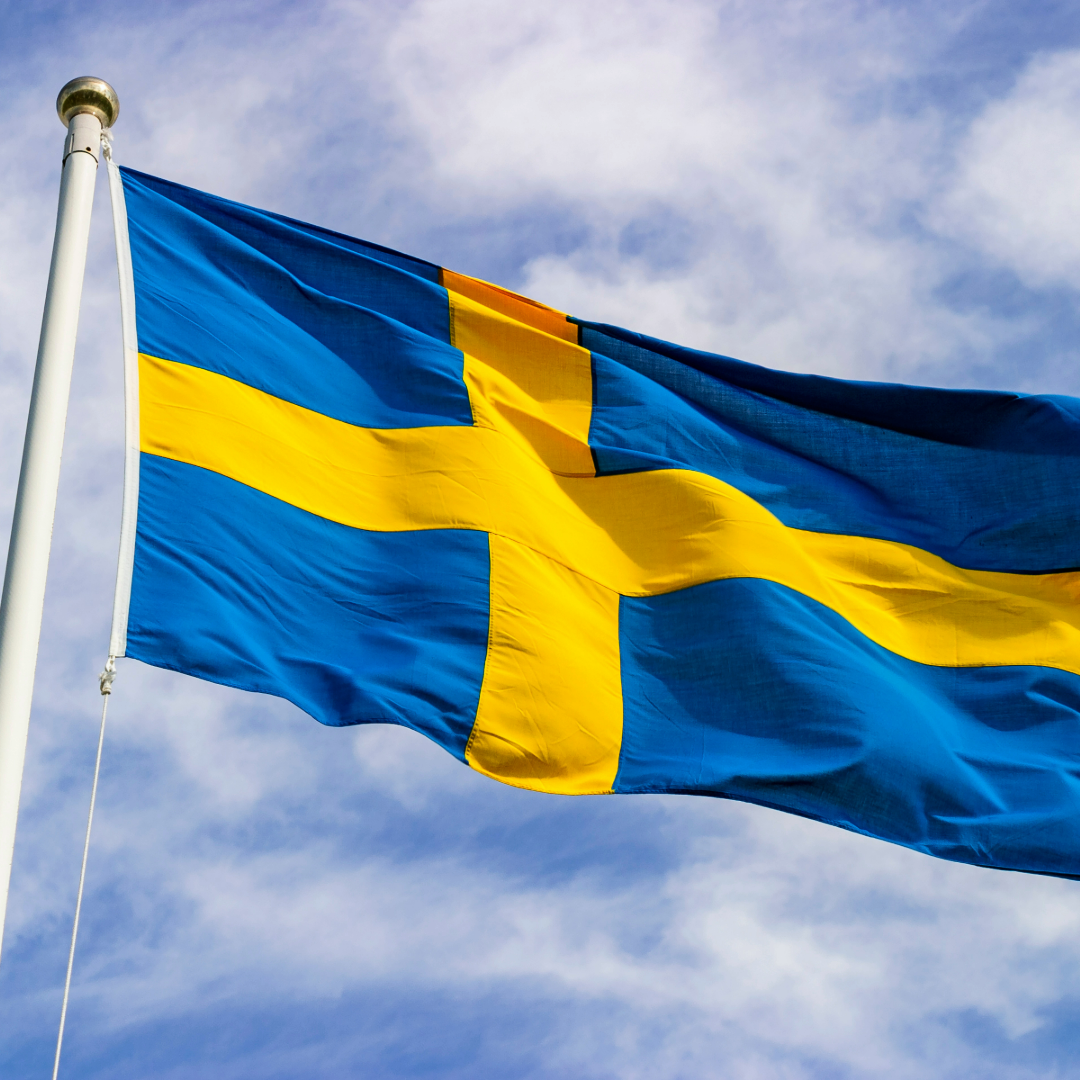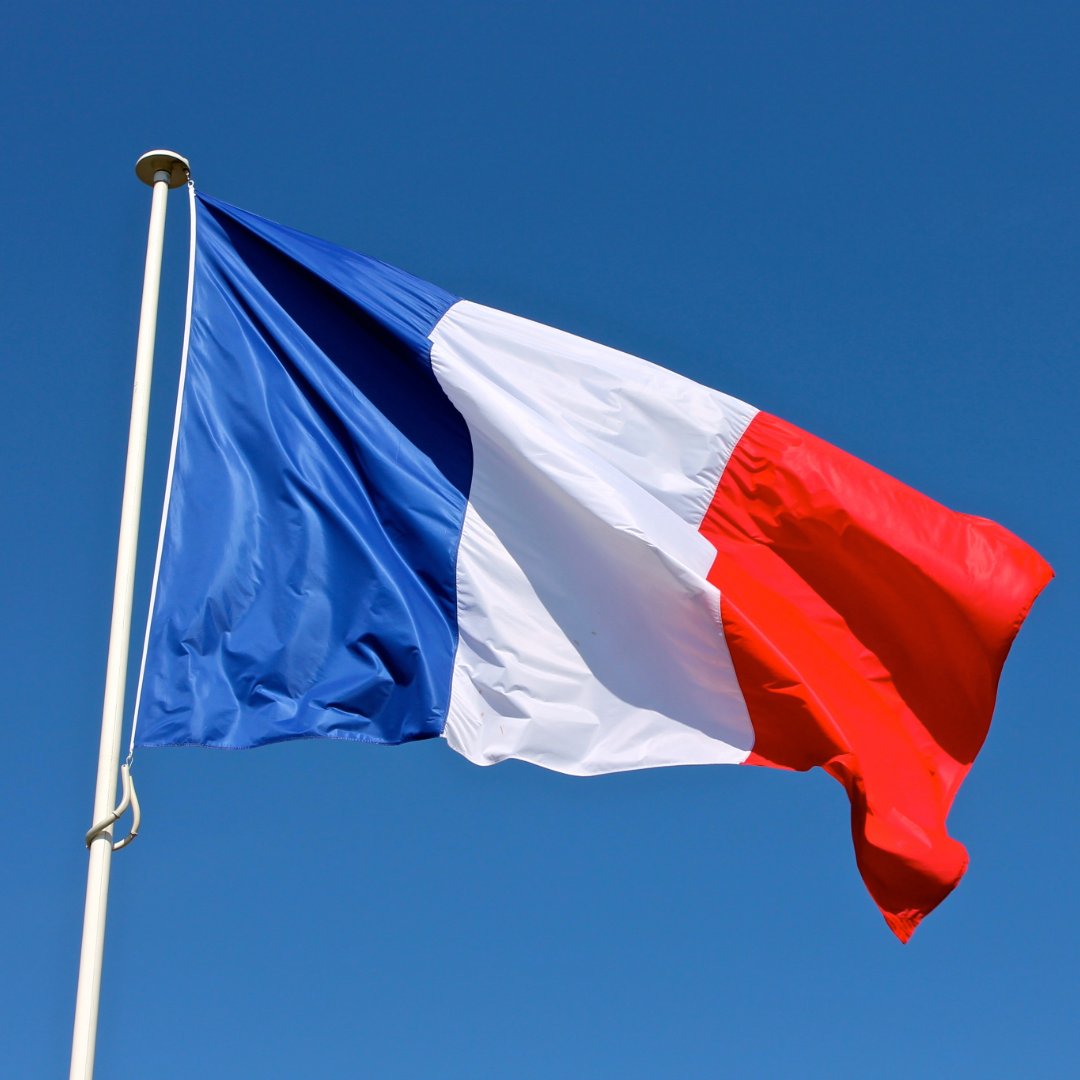Focus PPWR: New EU regulations for packaging?

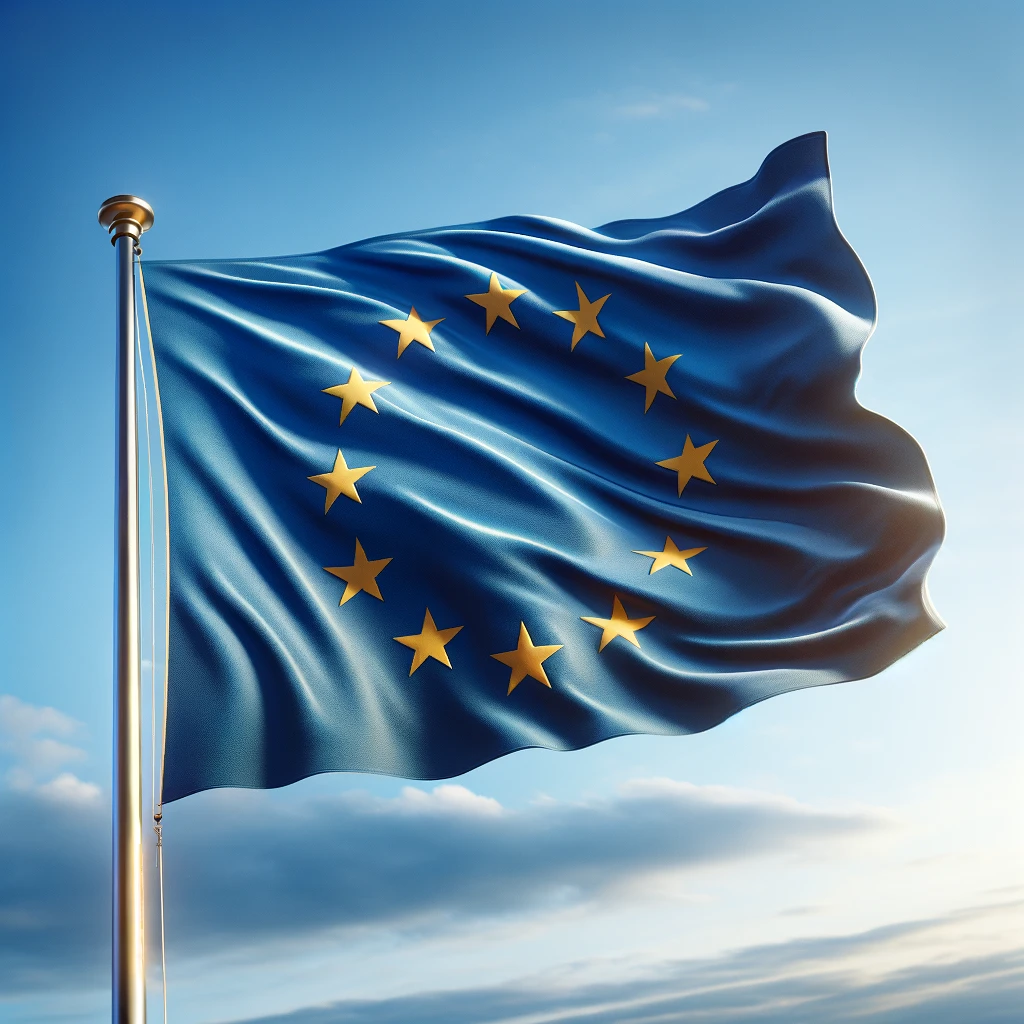

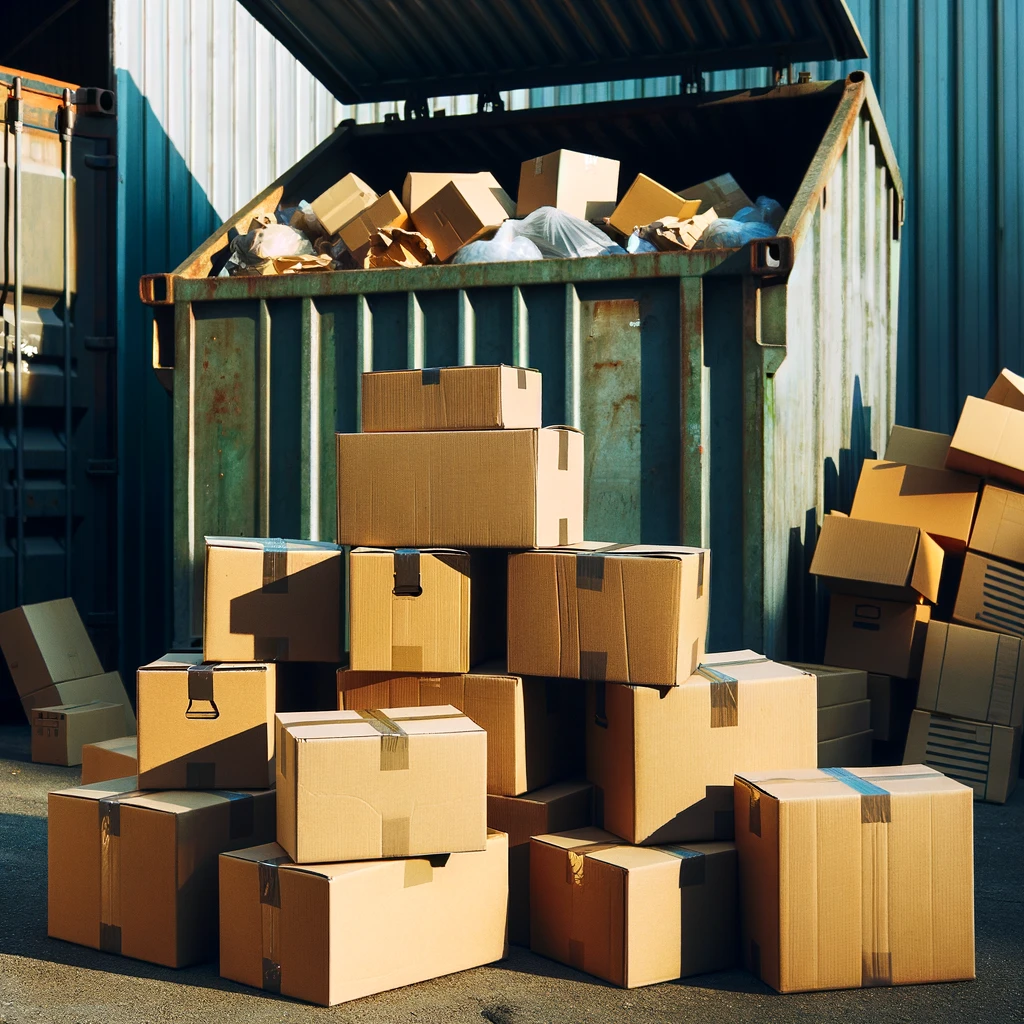
The European Union is pursuing ambitious plans to promote the sustainability of packaging. This is particularly evident in the draft Packaging & Packaging Waste Regulation (PPWR), which was published in November 2022. This sets out binding requirements for packaging and packaging waste on the European market and goes beyond the previous EU directive. As a regulation, the PPWR will apply uniformly in all 27 EU member states, which, in contrast to previous directives, leaves less scope for national adjustments.
We will keep you up to date on the latest status in this article.
Update: On 4 March 2020, Parliament and the Council announced a provisional agreement on the EU Packaging Regulation in the trilogue negotiations. An important step! The law was also approved in the plenary session of the European Parliament on 24 April 2024. In order to be formally adopted, the PPWR will now be translated into the official languages of the EU before the new Parliament has to give its final approval in autumn 2024. The regulations should then take effect 18 months after the regulation comes into force.
The PPWR Regulation: overview and potential
The primary objective of the PPWR is to significantly reduce the negative environmental impact of packaging in the European Union. To this end, resource consumption and packaging waste should generally be minimized and the circular economy promoted. The PPWR sets out various measures to achieve this objective.
The PPWR plays a key role in the reduction of plastics, as packaging accounts for the majority of plastics produced in the EU. It offers the opportunity to reduce resource consumption, waste and pollution. The regulation can help to avoid unnecessary packaging and promote the use of reusable packaging.
However, it should be noted that the PPWR is associated with increased administrative and monetary costs, which could pose a challenge for small retailers in particular. Therefore, adaptation and consideration for all retail sizes is crucial.
Measures within the EU
Driven by the planned Packaging & Packaging Waste Regulation, the packaging industry and e-commerce are on the verge of a radical change. The comprehensive planned measures aim to drastically minimise the ecological footprint of packaging in the European Union.
A significant step here is the ban on the introduction of packaging without specific minimum requirements for recyclability after 2030. At the same time, the weight, volume and empty space of packaging will be reduced to the necessary minimum. Packaging that increases the perceived volume of the product through a double bottom or similar will be banned. The regulation will be binding for all companies based in the EU and for companies that import products into the EU.
The main changes:
- Minimum standards for the recyclability of packaging: The regulation sets minimum standards for the recyclability of packaging, whereby retailers must ensure that their packaging is suitable for recycling.
- Inclusion of recycled materials: One of the key requirements of the regulation is the increased use of recycled materials in certain packaging, particularly plastic packaging.
- Reduction of packaging waste: The PPWR sets clear targets for the reduction of packaging waste, which requires companies to take clear measures to reduce waste.
- Labeling and information standards: Packaging must meet certain labeling standards with the PPWR, including the labeling of recyclable packaging and the provision of information on proper disposal.
- Use of authorized representatives: Companies that send packaging to an EU member state and are based outside must appoint an authorized representative.
- Declarations of conformity: Distributors will be required to prepare comprehensive declarations of compliance at packaging level to ensure compliance with the PPWR.
- Measures to expand reusable systems: In order to promote the acceptance and use of reusable packaging, targeted measures will be adopted that also include incentives for manufacturers and retailers.
Outlook: When can we expect the PPWR?
The final adoption of the PPWR is still pending. The draft is currently being discussed in the European Parliament. If the PPWR is adopted, it could come into force in 2025.
Although the PPWR represents a significant step towards more sustainable packaging practices in the EU, it cannot be denied that the regulation will involve a great deal of effort and expense, especially in terms of packaging. Corresponding measures and considerations are therefore currently being discussed.
The current developments of the PPWR
January 2025: Publication in the Official Journal
The PPWR was published in the Official Journal on 22. January 2025 and comes into force on 10. February 2025. After this, a transitional period of 18 months begins until the regulation applies. This means that the new obligations will apply in summer 2026. The directive on single-use plastics is an exception, as it will not apply until 48 months after the PPWR comes into force.
December 2024: Approval by the EU Council
On December 16, the EU Council approved the latest version of the PPWR adopted by the EU Parliament after examining it.
November 2024: Formal approval of the final version
On 26 November 2024, the final version of the PPWR was formally approved by the EU Parliament. The next step is the approval of the EU Council. This is expected to take place in December 2024.
April 2024: Approval of the EU Parliament
On Wednesday, 24 April 2024, Parliament approved the PPWR Regulation in the plenary session of the European Parliament. It was adopted with 476 votes in favour, 129 against and 24 abstentions. In order to be formally adopted, the PPWR will now be translated into the official languages of the EU before the new Parliament has to give its final approval in autumn 2024. The regulations should then take effect 18 months after the regulation comes into force. As things stand, that would be in summer 2026.
March 2024: Provisional agreement
On 4 March 2024, the European Parliament and the Council reached a provisional agreement on the PPWR Regulation after two months of intensive negotiations (trilogue negotiations). However, the negotiations will not be finalised before the European elections in June 2024. This means that the final approval and implementation of the PPWR Regulation must be carried out by the newly elected European Parliament. This is expected to be the case at the end of 2024 or beginning of 2025.
November 2023: Consent of the European Parliament
At the end of November, the European Parliament voted in favour of the PPWR. However, the regulation is not yet finalised. In the coming weeks, the European Council will examine the proposals, followed by negotiations between the European Commission, the European Parliament and the European Council.
When will the PPWR come into force?
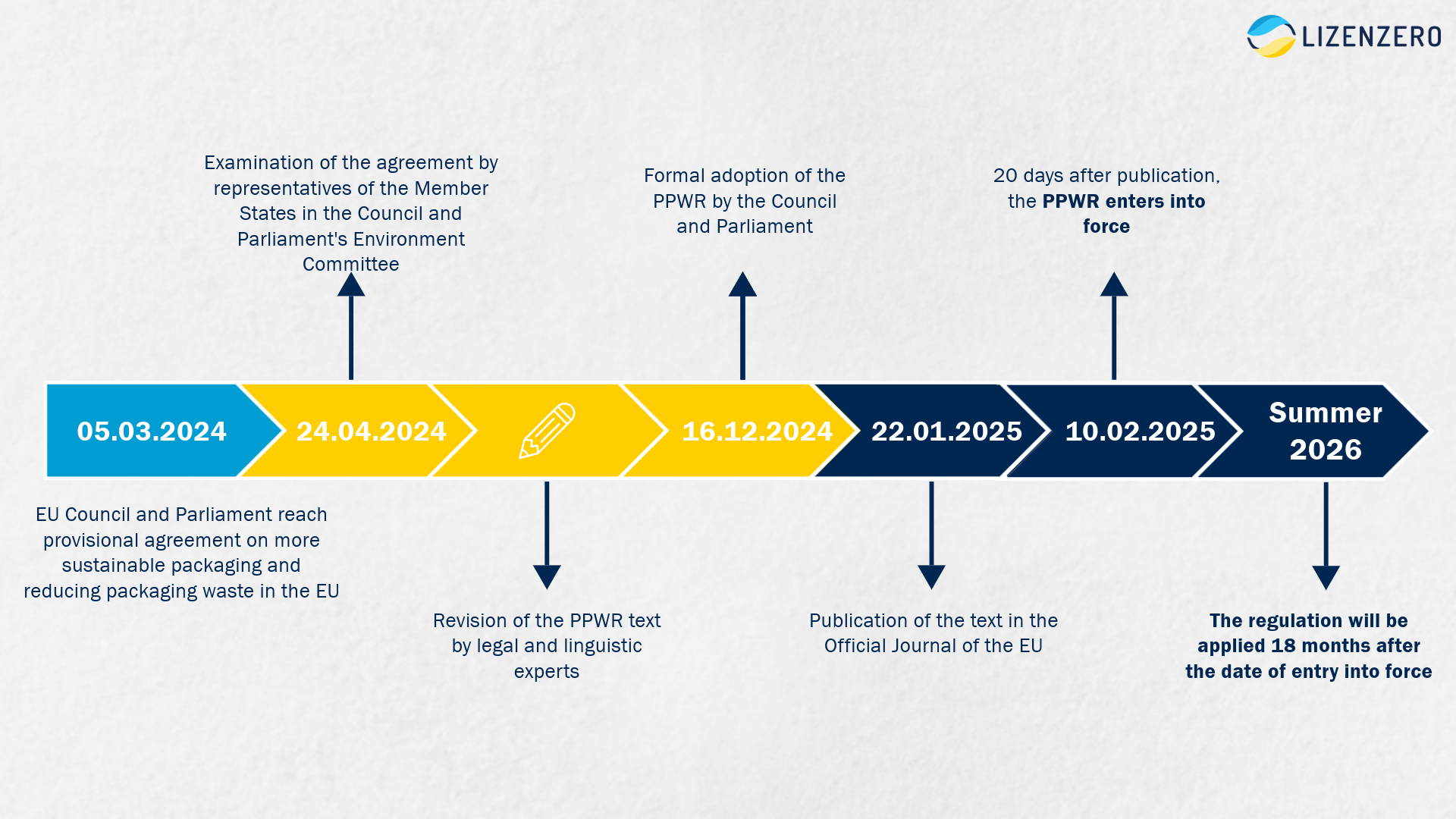
The PPWR regulation has been finally adopted, published and will enter into force shortly. The current timetable is set out below:
- January 2025: Publication of the PPWR in the Official Journal on 22.01.2025
- February 2025: PPWR comes into force on 10.02.2025
- Expected summer 2026: Official start of validity of the PPWR regulation
- February 2029: Article 67(5) of the PPWR on single-use plastics comes into force
This PPWR update shows that 2025 will be characterized by the implementation of the EU regulation. Companies should continue to monitor developments closely and prepare for the upcoming changes.

LIZENZERO.EU makes packaging compliance in Europe very easy.
Do you ship your products to different countries in the EU? Many different legal requirements and obligations can make the whole thing quite complicated – but don’t worry, we’ll do it for you. How do we do it? With our licensing service, we take over all obligations for you by power of attorney. Sounds good? We’ll be happy to advise you.
For shipping to Germany, you can easily fulfill your packaging obligations yourself via Lizenzero.de.
EPR in Switzerland – Recycling for businesses
Clear EPR obligations already apply in many European countries. Manufacturers and retailers are responsible for the entire life cycle of their packaging and must register with the relevant national systems and pay licence fees. But what is the situation in Switzerland?
EPR UK: current obligations for retailers in relation to packaging
Extended Producer Responsibility (EPR) is a European regulation that makes manufacturers, importers and companies responsible for the life cycle of their products and packaging in accordance with the polluter-pays principle. EU countries can interpret the EPR regulations differently, which is why your obligations may vary from country to country. If you are shipping goods to the UK, you should therefore familiarize yourself with the exact regulations in the country in advance in order to avoid sanctions and be compliant. In the following article, we will give you an overview of the current EPR obligations in the UK and take a look at upcoming changes.
EPR in Portugal: Guide for manufacturers & retailers
Many European countries have packaging licensing regulations, and Portugal is no exception. Companies that deliver packaged goods to or from Portugal must ensure that they comply with the EPR regulations that apply there. But what does this mean in concrete terms? Retailers and manufacturers are obliged to register, licence and label their packaging in Portugal.



